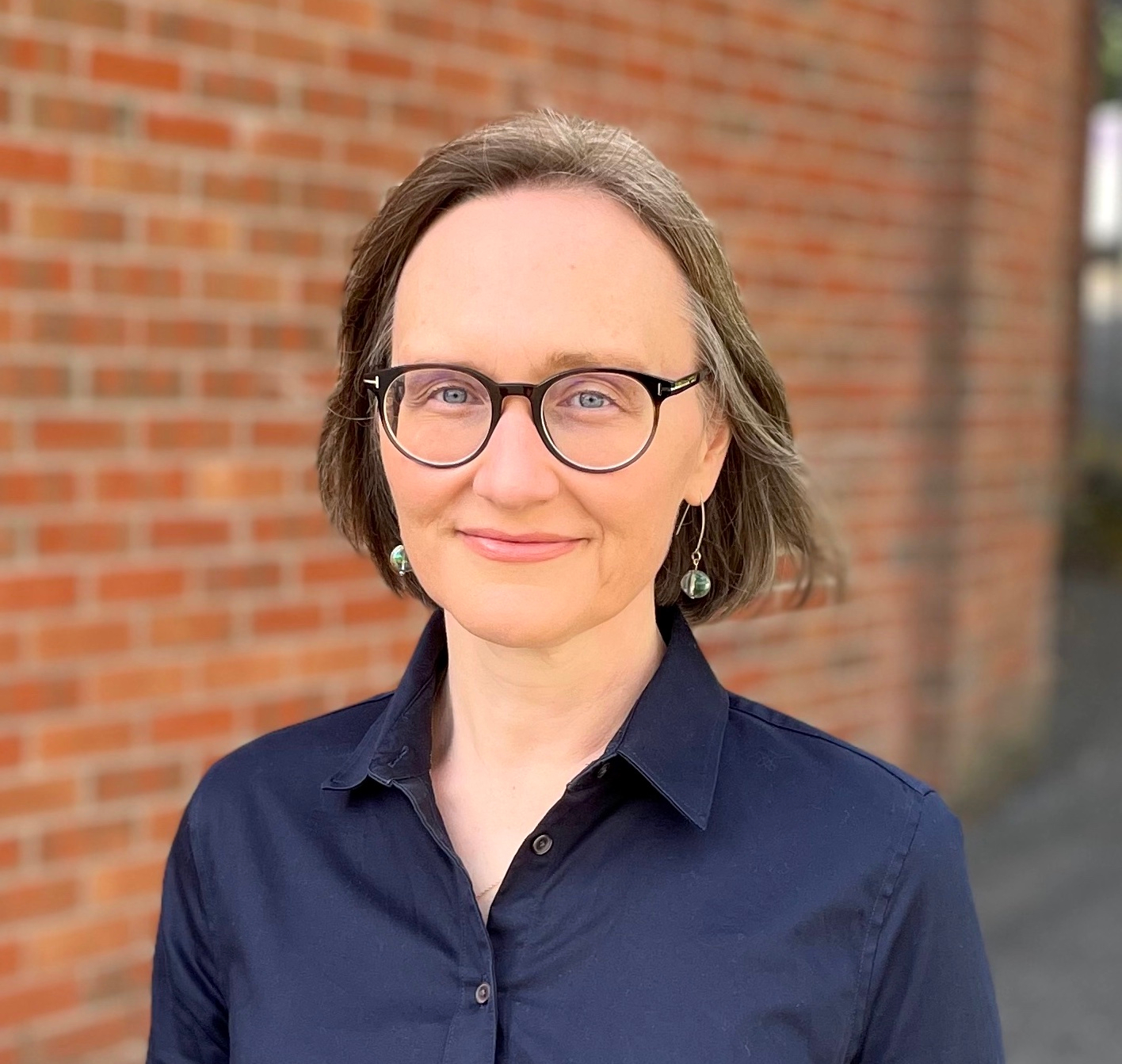
I am a sociologist whose research focuses on inequalities in work and aging, the future of retirement, and the effects of social institutions and public policies on Americans’ well-being.
I am the co-editor of Overtime: America’s Aging Workforce and the Future of Working Longer (Oxford University Press, September 2022). In the face of aging populations, policymakers in the U.S. and other industrialized nations have embraced the notion that most individuals can (and should) delay retirement and work longer. The mainstream policy position is that working longer is a win-win-win solution for society, employers, and workers. It could cut the cost of Social Security for an aging population; provide a bigger pool of experienced labor; and shore up individuals’ financial security.
In Overtime, we argue that it’s time to rethink the working-longer ideal. Precarious working conditions, family caregiving responsibilities, poor health, and age discrimination will make it difficult or impossible for many to work longer, especially those who are in lower-wage jobs.
The book presents new research from leading scholars across economics, sociology, psychology, political science, and epidemiology, who provide a deeper understanding of the future of work, retirement, and aging. These experts explain how social and economic inequalities shape people’s capacity to work, the skills and resources they have, the discrimination and other challenges they face, and the benefits that may accrue to them from working longer. But even as marginalized social groups confront particular challenges, Overtime shows that America’s fragile work and retirement systems affect us all.
For book events and media coverage of Overtime, please visit the Overtime project website.
Beyond Overtime, my research investigates how Americans navigate the run-up to retirement ages. The decade between ages 50 and 60 is crucial for individuals’ retirement security, but remaining in steady employment all the way through these years is a challenge for many. Using mixed qualitative and quantitative methods, I examine how some occupations make it easier for individuals to “age well,” while some, especially jobs that are physically demanding, make it harder.
I aim for my research to contribute to better public policymaking and more productive public conversations, drawing on longstanding experience with evidence and public policy. I have contributed to several projects designed to improve the use of evidence in services for children and families in the United Kingdom, and I worked on disability policy at the White House Office of Management and Budget. Improving Americans’ well-being is the ultimate goal of this work.
I am a research fellow at the W.E. Upjohn Institute for Employment Research. I was previously affiliated with the Harvard Center for Population and Development Studies as a visiting scientist, research associate, and the Sloan Postdoctoral Fellow on Aging and Work. I received my Ph.D. in sociology from Harvard University in 2017. My research at Harvard was supported by the Alfred P. Sloan Foundation, the Program on the Global Demography of Aging, the Russell Sage Foundation, the Washington Center for Equitable Growth, the Multidisciplinary Program in Inequality & Social Policy at the Harvard Kennedy School, the Edmond J. Safra Center for Ethics, the Institute for Quantitative Social Science, the Center on the Developing Child, the Center for American Political Studies, and the Tobin Project.
I also hold degrees from St. Olaf College in Minnesota and the University of Oxford, where I was a Rhodes Scholar.